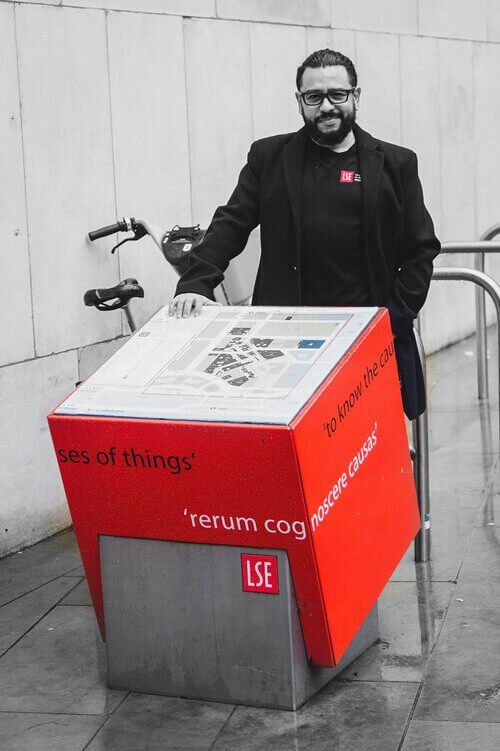“No, that's all right; I trust you!”
trust asymmetry
We are in transition to a new world order.
For decades our leaders gambled that low probability-high damage events (such as pandemics) or extremely rare-high impact events (like some financial crisis) were too unlikely to care about — but as it turned, in what accounts for the lifespan of a youngster we have been hit twice, with global consequences. Suddenly, the possibility of civilization collapse from far away eventualities, like extreme solar weather (not to mention extreme climate events here on earth) gains new credence. And the compounding of those occurrences makes prescient fears, on everything from widespread social unrest to nuclear conflict, only more probable. If all that sounds scary, we must consider that those are the things we are aware of, and to a degree, understand.
But now, we are entering a new risk regime, full of unknown-unknowns. Our command of computation is taking us closer to manipulate information and communications at quantum speed, where most secrets can not be kept secret anymore; make our judgment indiscernible from the consensus of algorithms that run automatically, decentralized and unstoppable; alter our own biological condition and intelligence, and, create the conditions for non-biological intelligence.
Today, information asymmetry makes the economy, and the political economy, work. Because it is expensive to gain information that creates an advantage, there is an incentive to compete in markets, to try to anticipate the future. Crucially, while the transactional event has as a precondition the asymmetry of information, it is ultimately unlocked by trust —we do business if we can trust (or if we believe that we do not have to because some intermediary takes care of that). Matching some level of trust is the trigger for economic activity. So, what happens when information is abundant but trust is scarce; when surviving is winning? How will the new contract between societies and governments and corporations look like? Since trust has been abused, we enter the new regime at low levels of confidence.
Mastering Asymmetric Trust is the new frontier in our technological evolution — both for our own survival as species and, for prosperity (money is a technology, after all). From now on, transactional relationships will have to price risk based on divergent trust, rather than simply factor in available information. Challenged by Richard Feynman, we are in the quest for anticipating the behavior of “thinking” electrons.

